Understanding Your Cat’s Body Language
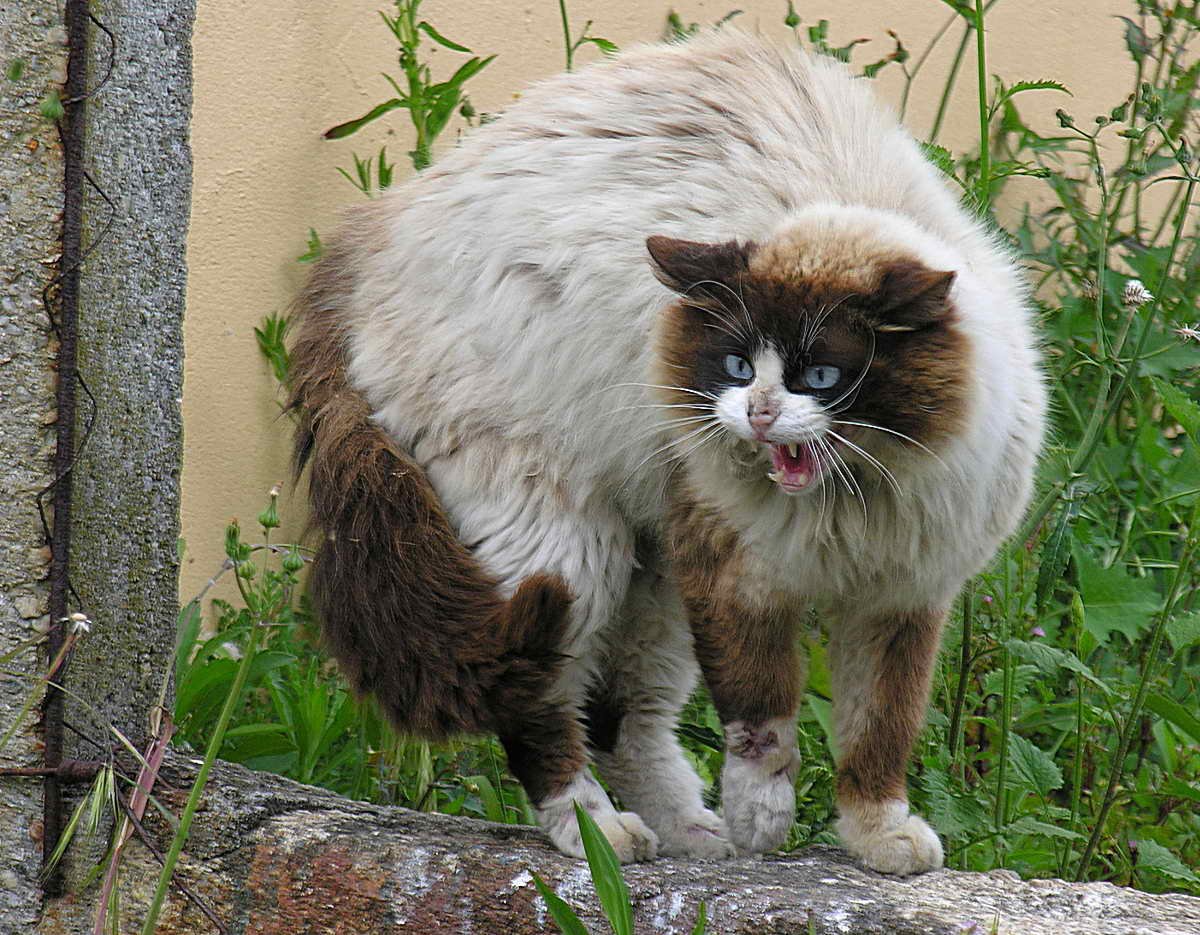
Have you ever wondered if your cat is secretly judging you? The truth is, cats communicate a lot through their body language, and understanding these subtle signals can make all the difference in your relationship. When you pay attention to a cat’s tail flicks, ear positions, or slow blinks, you’re telling your cat, “I see you, and I care.” Learning to read their moods—whether they’re playful, annoyed, or seeking comfort—can melt even the iciest of feline hearts. Cats love humans who respect their moods and give them space when needed. Ignoring their signals, on the other hand, can make them feel stressed or threatened. If you notice your cat slowly blinking at you, try blinking back; it’s their way of showing trust and affection. Adapting your approach based on their behavior builds a foundation of trust and deepens your bond.
Giving Them Space When They Need It
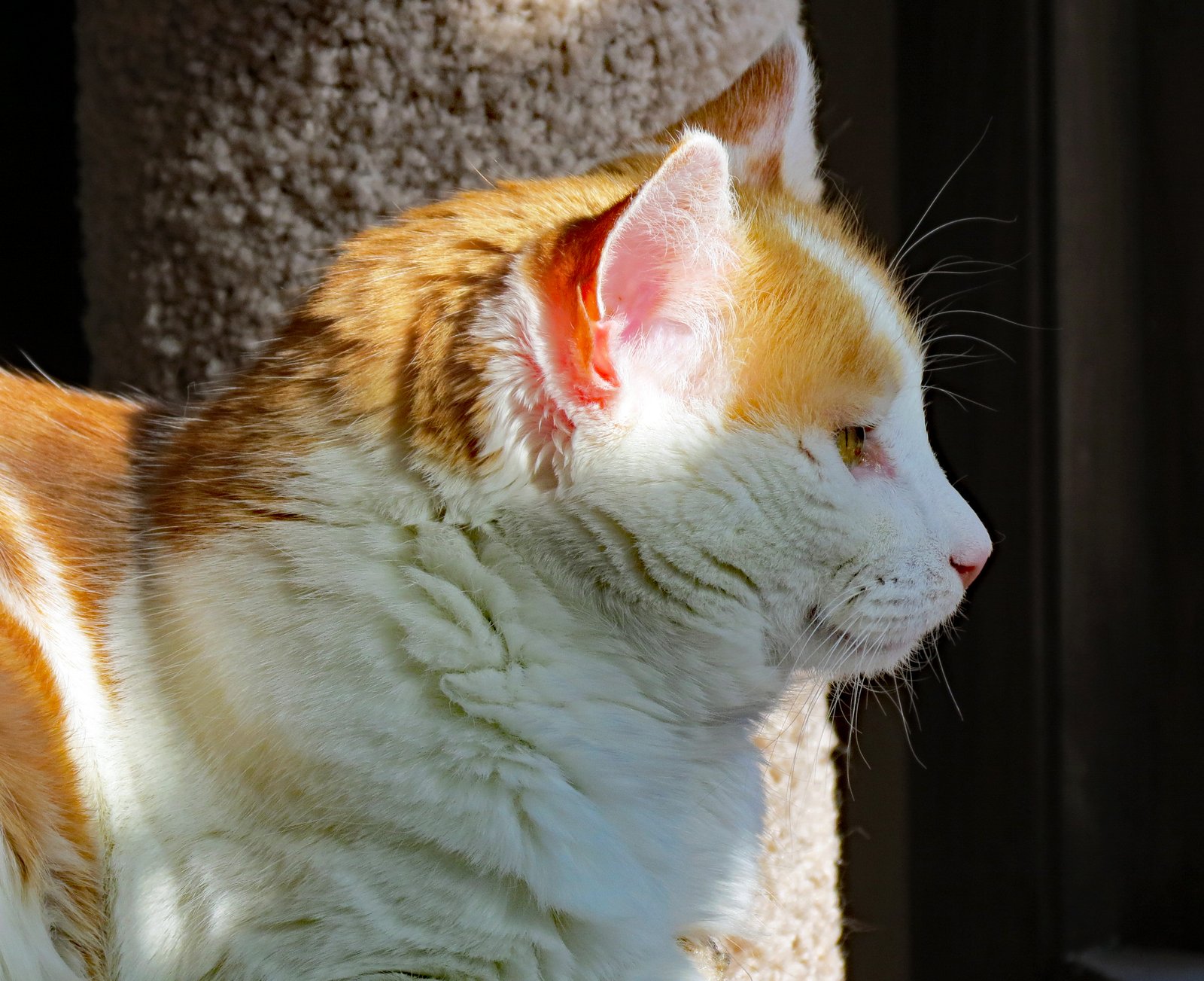
One of the most surprising things about cats is just how much they value their independence. Unlike dogs, who might crave constant attention, cats often need time alone to recharge. If you give your cat the freedom to retreat to a quiet corner or cozy hiding spot, they’ll love you all the more for it. Forcing interaction when your cat wants solitude can backfire, causing them to avoid you or act out. Respecting their boundaries is a powerful way to earn their trust and affection. Think of it like a friend who always knows when to give you space—your cat will appreciate this sensitivity deeply. Over time, your patience pays off as your cat becomes more willing to seek out your company on their own terms. Giving your cat space is a true sign of love in their eyes.
Offering Gentle, Appropriate Affection
Cats love affection, but only on their terms and in the right way. Gentle strokes along the chin, cheeks, and the top of the head are often welcome, while rough petting or sudden movements can make them feel threatened. When you learn where your cat enjoys being petted—and respect the areas they don’t—you show them you care about their comfort. Take your cues from their body language: purring, kneading, or leaning into your hand means “keep going,” while twitching, swishing tails, or flattened ears signal it’s time to stop. If you use a soft voice and slow, calm movements, your cat will feel safe and loved. Consistently giving gentle affection can transform even the most aloof cat into a purring companion. It’s all about quality, not quantity, when it comes to feline cuddles.
Providing Enrichment and Playtime
Cats are natural hunters, and they crave mental and physical stimulation. When you set aside time each day to play with your cat—using feather wands, laser pointers, or little toy mice—you’re not just exercising their bodies, but also their minds. Playtime mimics the thrill of the hunt, satisfying their primal instincts and preventing boredom or destructive behaviors. Cats love chasing, pouncing, and stalking, so switch up the toys and games to keep things exciting. A bored cat can quickly become a mischievous or even depressed one, but a well-played cat is a happy, loving companion. Remember, even a few minutes of dedicated play can make your cat feel special and strengthen your bond. Play is their way of saying, “I love spending time with you.”
Feeding Them a Healthy, Tasty Diet
Food is the way to almost any cat’s heart. When you provide a balanced, nutritious diet that appeals to your cat’s taste buds, you’re showing them you care about their health and happiness. Cats love routine, so serving meals at regular times builds trust and anticipation. Occasionally offering a tasty treat or a bit of cooked chicken can make their day, but moderation is key. It’s important to avoid foods that are toxic to cats, like onions, garlic, or chocolate, as these can quickly lead to health issues. Fresh, clean water is just as essential, and having multiple water bowls around the house encourages hydration. Remember, a well-fed cat is a content—and loving—cat. Nourishing your cat’s body is a surefire way to win their affection.
Maintaining a Clean Litter Box
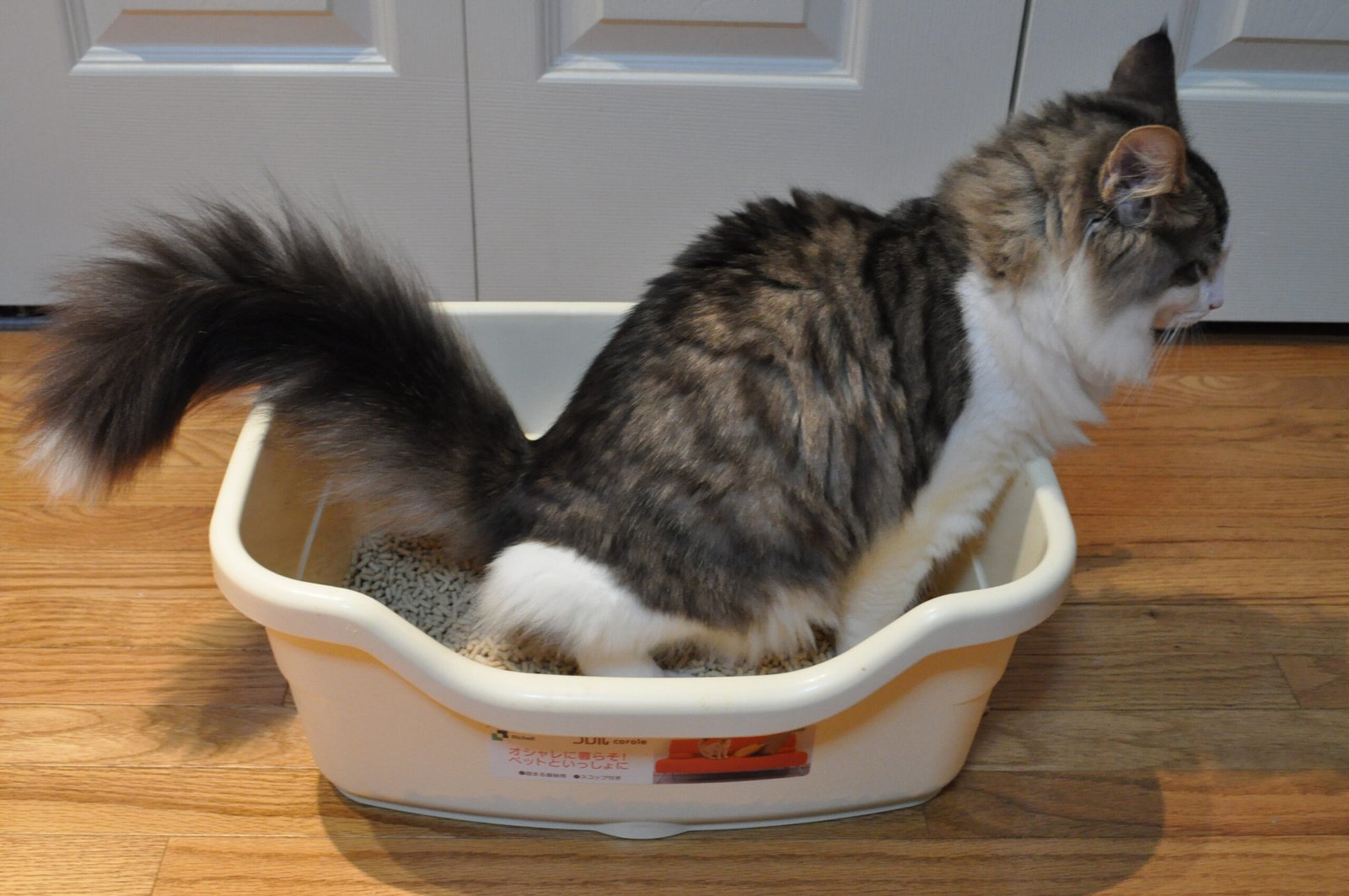
Nothing can turn a cat’s love to disdain faster than a dirty litter box. Cats are fastidious creatures, and they expect their bathroom to be spotless. Scooping the litter box daily and changing the litter regularly is a simple act that makes a world of difference to your cat. A clean environment prevents unpleasant odors and reduces stress, making your cat feel secure and loved. If the litter box is neglected, cats may express their dissatisfaction by “going” elsewhere, which is their way of saying, “I’m unhappy with my bathroom.” Providing multiple boxes in a multi-cat household and placing them in quiet, accessible areas further shows you care. A little effort goes a long way toward earning your cat’s trust and affection.
Creating Cozy and Safe Spaces
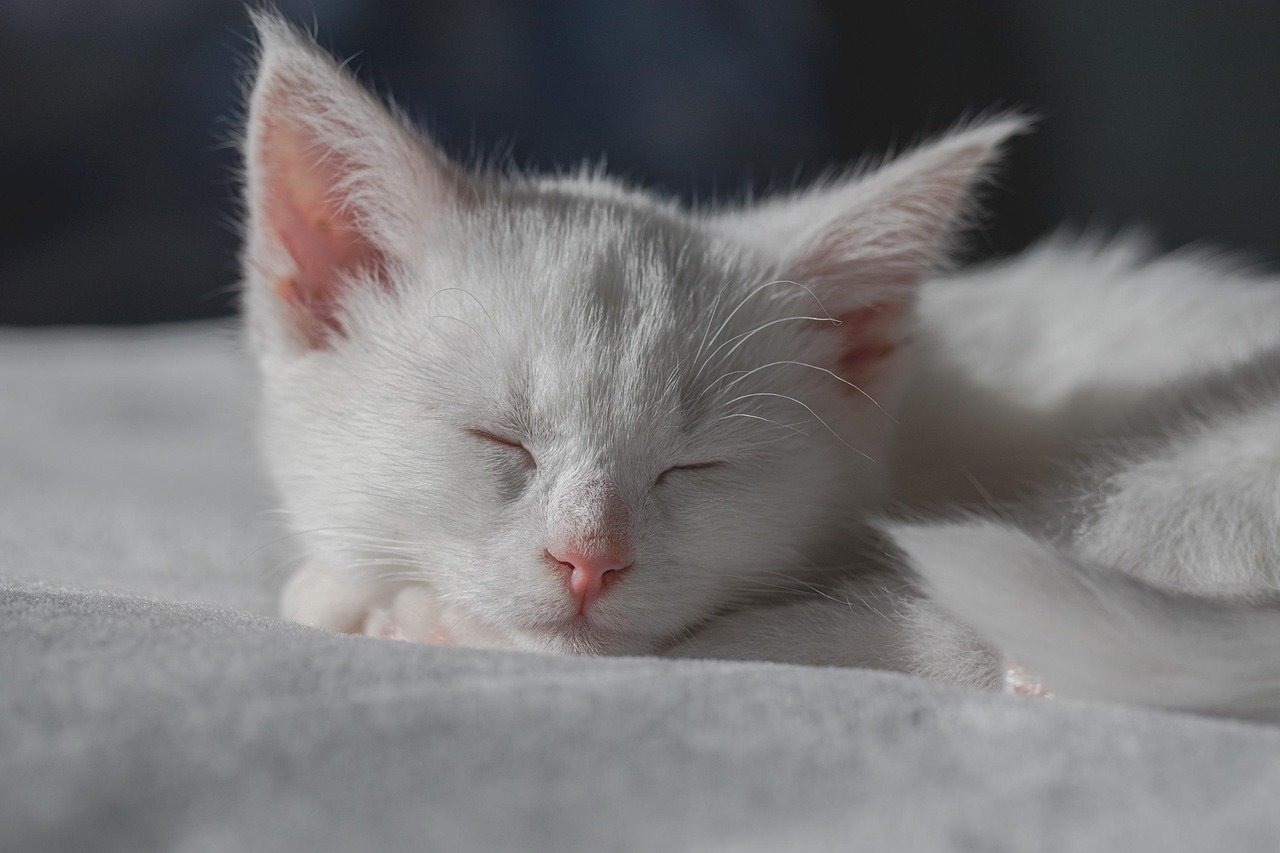
Cats love cozy nooks where they can nap, hide, and watch the world go by. Providing soft beds, blankets, or even a cardboard box transforms your home into a feline paradise. Cats often seek out elevated spots—like windowsills, shelves, or cat trees—to feel safe and survey their territory. When you make your home cat-friendly, you’re telling your furry friend, “You belong here.” These safe havens help reduce anxiety, especially in busy households or when guests visit. If your cat feels secure in their environment, they’ll be more likely to seek you out for snuggles and companionship. Creating these spaces is a simple yet powerful way to make your cat feel loved.
Respecting Their Schedule
Cats are creatures of habit, and they thrive on routine. Feeding, playtime, and cuddles at the same times each day help your cat feel secure and relaxed. Sudden changes—like late meals or unexpected guests—can throw your cat off balance and make them anxious. By sticking to a predictable schedule, you show your cat that their needs are important to you. This reliability is a huge source of comfort, leading to a more loving, affectionate cat. Think of it as being the dependable friend your cat counts on every day. When you respect their schedule, your cat feels safe and cared for.
Talking to Them Softly
The sound of your voice can mean everything to your cat. Speaking gently and using a calm, soothing tone can make your cat feel safe, especially in new or stressful situations. Many cats respond positively to their names or familiar words, often coming when called or purring in response. Loud or harsh tones, on the other hand, can scare them and erode trust. Try singing to your cat, chatting about your day, or simply greeting them when you come home. Over time, your voice becomes a source of comfort, building a stronger emotional connection. Simple conversations can go a long way in making your cat feel loved and understood.
Grooming and Health Care
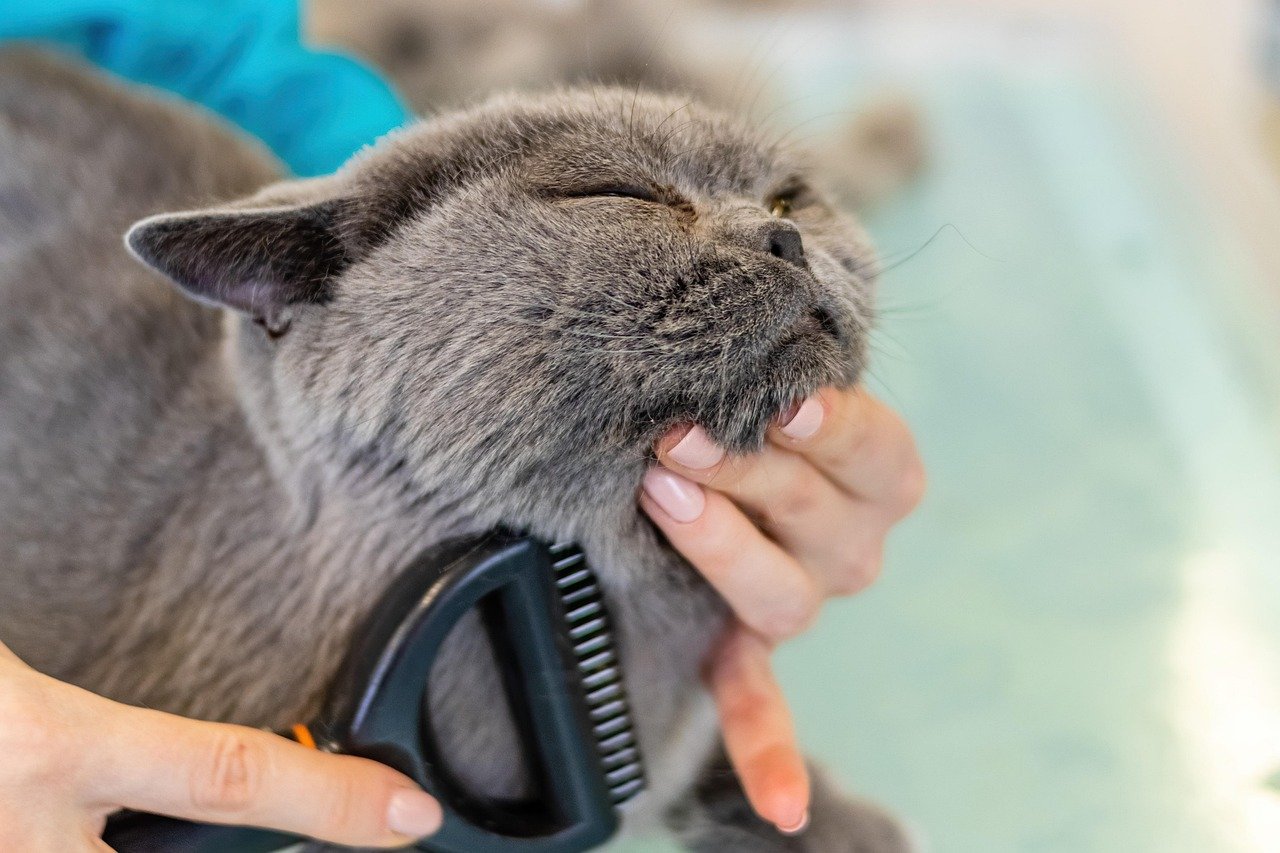
Regular grooming isn’t just about keeping your cat looking good—it’s a bonding experience that shows you care about their well-being. Brushing helps remove loose fur, reduce hairballs, and keep their coat shiny, while also giving you a chance to spot potential health issues like lumps or fleas. Most cats learn to enjoy grooming sessions, especially if they’re gentle and positive. Trimming nails and checking ears or teeth further demonstrates your commitment to their health. If you start grooming early and reward your cat with treats or praise, these sessions become moments of trust and affection. Cats know when you’re taking care of them—they feel it, and they love you for it.
Ignoring Their Boundaries
If there’s one thing cats despise, it’s having their boundaries crossed. Picking up your cat when they clearly want to be left alone or forcing them into cuddles can make them feel trapped and anxious. Disregarding their clear signals—like hissing, swatting, or trying to escape—breaks trust and can even lead to aggressive behavior. It’s crucial to remember that affection must always be on their terms. Pushing too hard can turn a loving cat into a nervous or withdrawn one. Respect is everything in the feline world, and ignoring boundaries is a surefire way to lose your cat’s affection. Let your cat come to you when they’re ready.
Startling Them with Loud Noises
Cats have incredibly sensitive hearing, and sudden loud noises can send them running for cover. Slamming doors, blaring music, or shouting can make your home feel like a war zone to your cat. These experiences can leave a lasting impression, causing your cat to hide or become jumpy. Creating a calm, quiet environment helps your cat feel safe and secure. If you must make noise, try to warn your cat or move them to a quieter space. Consistently startling your cat can damage your bond and make them associate you with fear. If you want your cat’s love, peace and quiet are key.
Forcing Unwanted Interactions
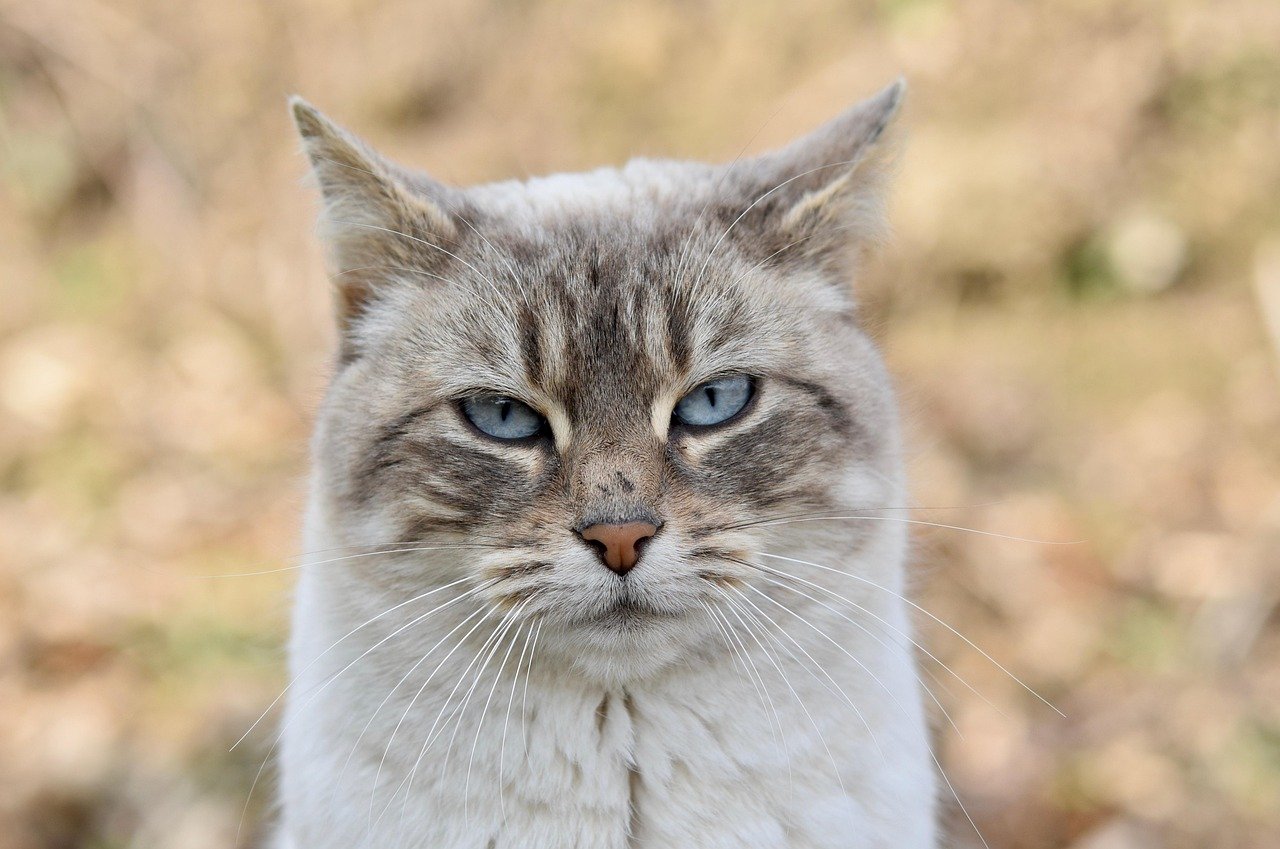
It’s tempting to introduce your cat to new people, pets, or experiences, but doing so too quickly can overwhelm them. Forcing your cat into uncomfortable situations—like meeting a new dog or enduring a house full of guests—can make them anxious and defensive. Gradual introductions and respecting your cat’s comfort level are essential. Cats appreciate when you advocate for them and protect them from stressful encounters. When you push them too far, too fast, you risk damaging their trust and making them wary of new experiences. The best approach is to let your cat take things at their own pace.
Neglecting Their Litter Box
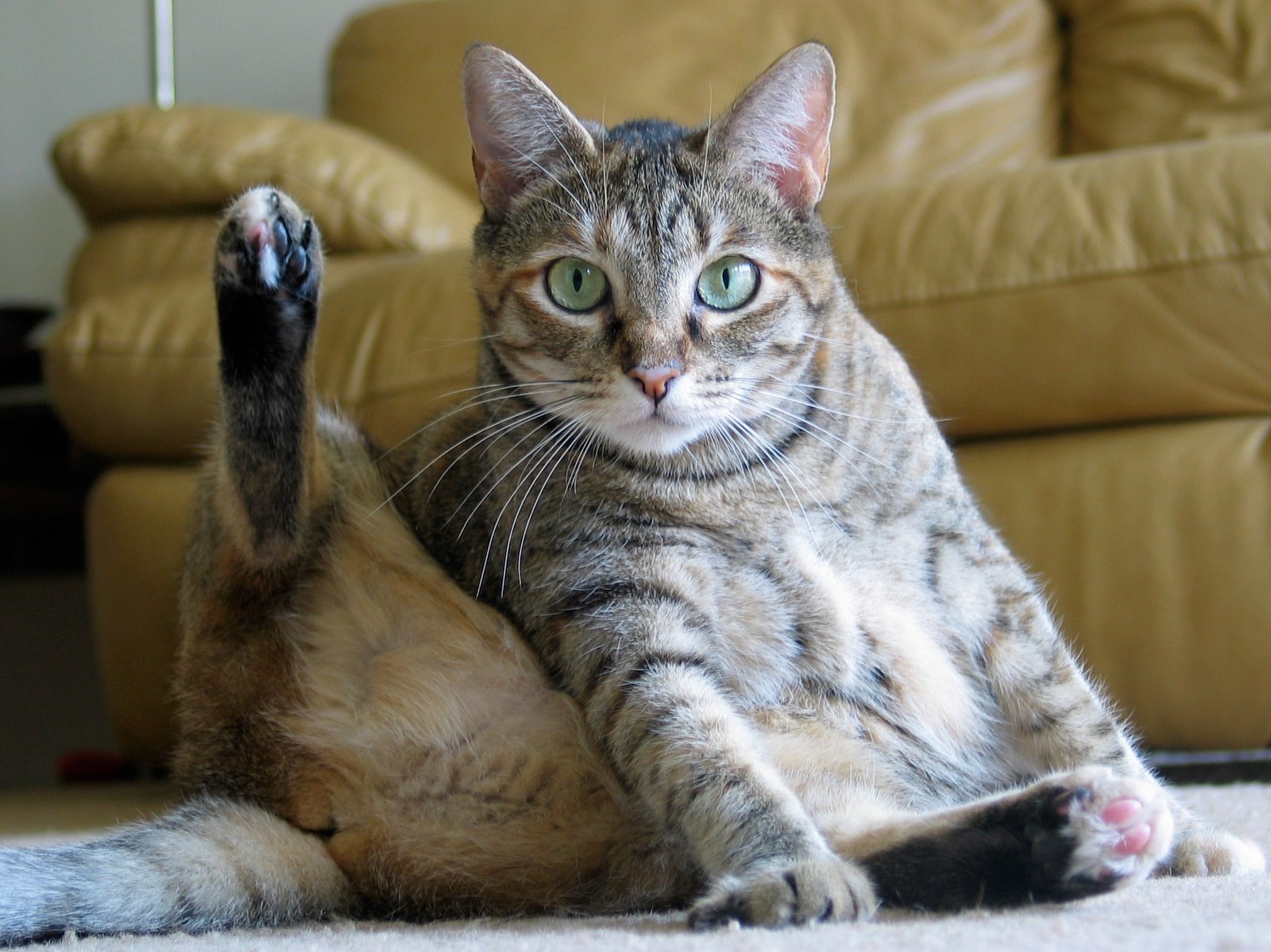
A dirty litter box isn’t just unpleasant—it’s a dealbreaker for cats. Neglecting to scoop or change the litter regularly can lead to accidents outside the box or even health problems. Cats are incredibly clean animals, and a filthy bathroom is both stressful and unsanitary for them. This neglect can make your cat resentful and less affectionate. Keeping the litter box fresh and odor-free is a basic act of care that cats truly appreciate. If you fail in this area, your cat will definitely let you know—usually in ways you won’t like.
Holding Them Too Tightly
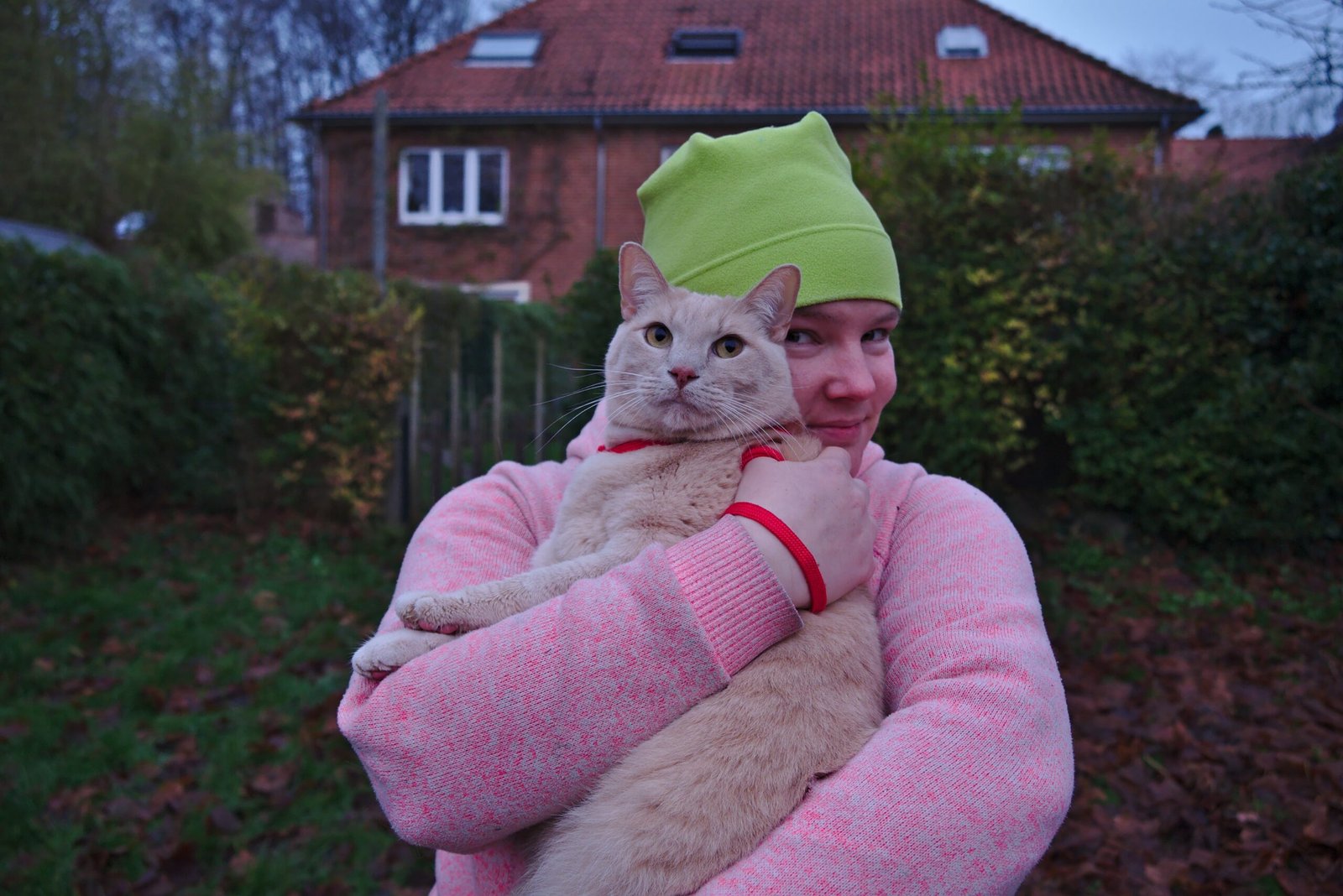
Cats value their freedom above almost everything else. Picking them up and holding them too tightly, especially for long periods, can make them feel trapped and panicked. While some cats tolerate being held, many prefer all four paws on the ground. Respect your cat’s comfort and always watch for signs they want to be let down. If your cat squirms, growls, or digs in their claws, it’s time to release them. Forcing prolonged hugs or cuddles can turn your cat into a wary, distant companion. Let your cat choose when and how to show affection.
Ignoring Signs of Illness or Discomfort
Cats are masters at hiding pain or discomfort, but ignoring subtle signs—like changes in appetite, grooming habits, or litter box use—can have serious consequences. When you overlook these warning signals, your cat may suffer in silence, feeling neglected or unloved. Promptly addressing health concerns and scheduling regular vet visits is a sign of true love and responsibility. A cat who feels cared for when sick or uncomfortable is far more likely to trust and love their human. Don’t underestimate the power of attentive care; it’s a language even the most stoic cat understands.
Using Strong Scents or Chemicals
Cats have an incredibly keen sense of smell, and strong odors—like citrus, vinegar, or harsh cleaning products—can be overwhelming or even toxic. Spraying perfumes or air fresheners near your cat can make them avoid certain rooms or even become stressed. It’s important to use pet-safe products and keep strong scents to a minimum in shared spaces. Cats prefer environments that smell familiar and comforting, so stick to gentle, unscented cleaners where possible. Your cat will thank you by spending more time by your side.
Skipping Play or Enrichment
A bored cat is an unhappy cat. Failing to provide enough toys, scratching posts, or interactive playtime can lead to destructive behaviors or depression. Cats need stimulation to stay healthy and content. When you neglect their need for enrichment, your cat may act out by scratching furniture, meowing excessively, or withdrawing. Investing in a few simple toys and dedicating daily time for play can turn things around dramatically. Remember, play is not just for kittens—cats of all ages need it. Don’t let your cat’s playful spirit fade away.
Punishing or Yelling at Your Cat
Discipline and cats are a tricky combination. Yelling, hitting, or using spray bottles may stop a behavior in the moment, but it destroys trust and damages your relationship. Cats don’t understand punishment the way humans do; instead, they become fearful and may even act out more. Redirecting unwanted behaviors with positive reinforcement—like treats or praise—works far better. A little patience goes a long way in shaping your cat’s behavior. Remember, earning your cat’s love means treating them with kindness, even when they make mistakes.
Leaving Them Alone for Too Long
While cats are independent, they still crave companionship and routine. Leaving your cat alone for extended periods can lead to loneliness, anxiety, and even depression. Cats may become withdrawn or act out when they feel abandoned. Arranging for a friend to visit, providing interactive toys, or even considering a second cat can help fill the void. When you return, spend quality time together to reassure your cat of your love. Your presence is more important to your cat than you might think.
Dressing Them Up Without Consent
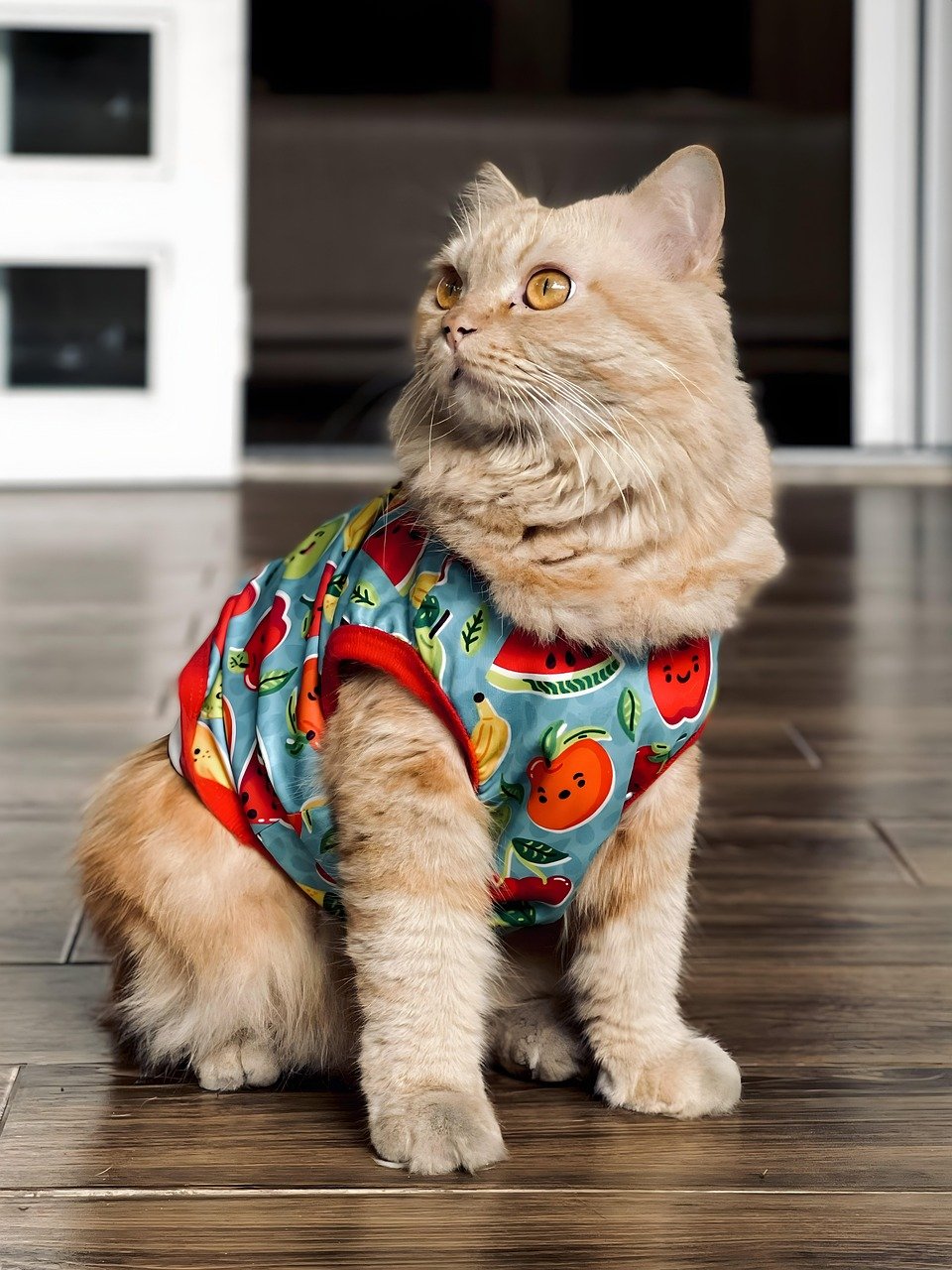
It can be tempting to dress your cat in cute outfits for a laugh or a photo, but most cats hate being confined by clothes. Outfits can restrict movement, cause overheating, or simply make your cat uncomfortable. Forcing your cat into costumes can quickly erode trust and make them wary of you. If you must dress up your cat, make sure it’s for a short time and watch for signs of distress. Your cat values comfort and dignity above style, so let them be themselves. Their love will grow when you put their comfort first.
Summary
Cats are complex, sensitive creatures with clear likes and dislikes. When you pay attention to their needs, respect their boundaries, and show consistent care, you earn their deepest affection. Avoiding the things they hate is just as important as doing what they love. Did you expect some of these to make such a big difference?
Jen is a passionate nature lover and ocean conservationist. She has dedicated her life to protecting the environment and preserving the beauty of the natural world. Growing up in a small coastal town, Jen sincerely appreciated the ocean and its inhabitants. She has spent countless hours exploring the shoreline, learning about the creatures that inhabit the waters, and advocating for their protection. Jen is an active member of ocean conservation organizations, and she is committed to educating the public about the importance of conserving wildlife and the natural environment.





